8 Common Household Items That Are Dangerous to Pets
Your home might seem safe, but everyday items can hide unexpected dangers for your furry companions. Many household products, foods, and plants contain toxins that can harm animals if consumed or handled. Here are the common items you should secure to protect your pets and keep them healthy.
Chocolate
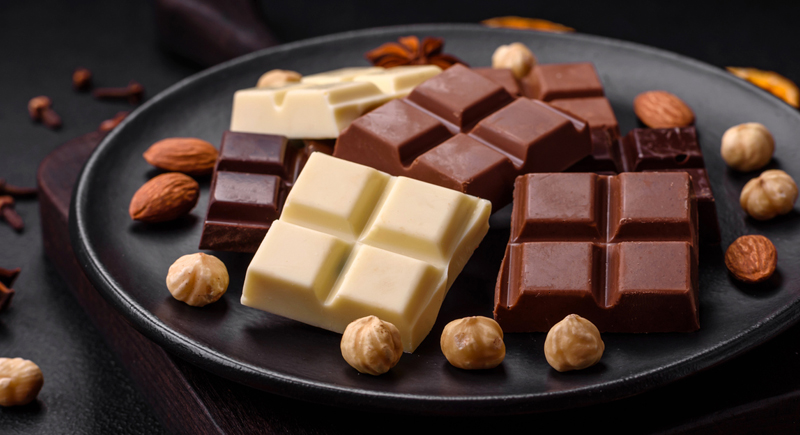
Credit: iStockphoto
Chocolate contains theobromine and caffeine, which animals can’t process properly. Dark and baking chocolates have the highest concentration and may trigger vomiting, seizures, or even heart failure. Always store chocolate, including candy and baking supplies, in secure places out of your pet’s reach to avoid any accidents.
Grapes and Raisins
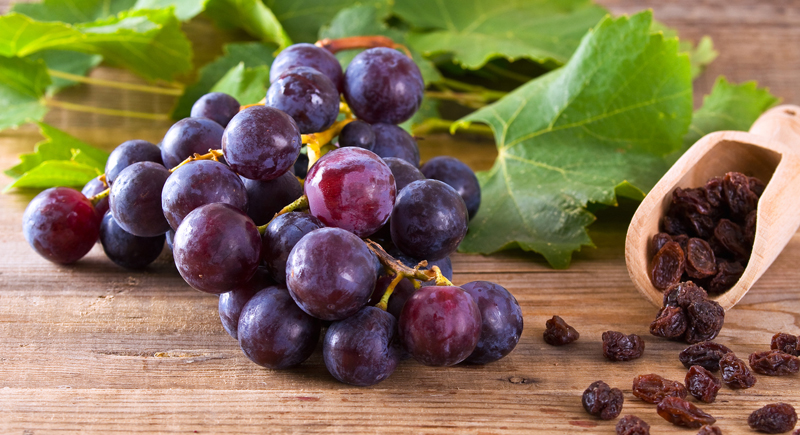
Credit: iStockphoto
Grapes and raisins can result in acute kidney failure, especially in dogs. Even a small amount can lead to vomiting, weakness, and lethargy. Keep grapes off tables and counters, and store baked goods or trail mixes containing raisins in sealed containers to prevent curious pets from snacking on them.
Onions and Garlic
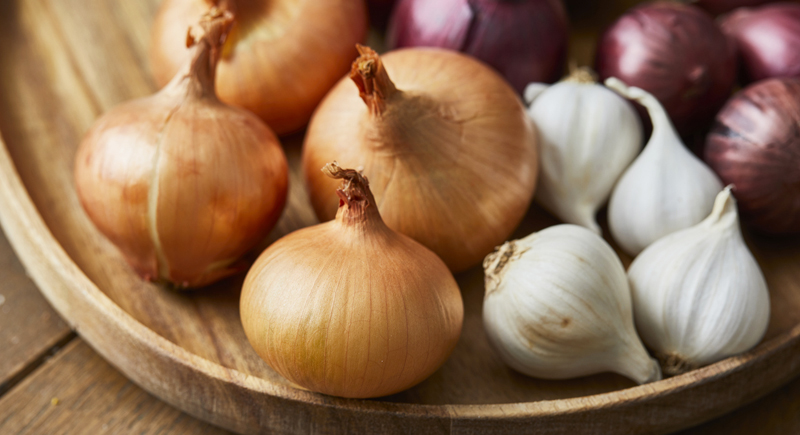
Credit: iStockphoto
Onions, garlic, chives, and leeks are harmful to dogs and cats because they destroy red blood cells, leading to anemia. Symptoms like pale gums, fatigue, and weakness can appear days after consumption. Avoid feeding animals leftovers or table scraps that contain these ingredients, whether raw or cooked.
Xylitol
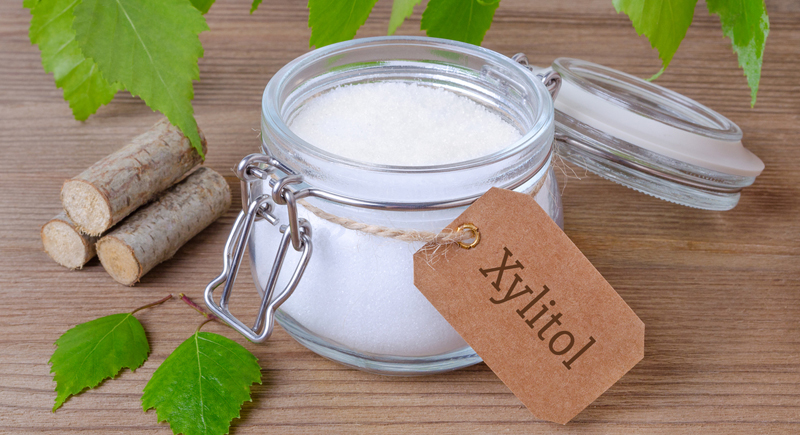
Credit: iStockphoto
Xylitol, a common sugar substitute in gum, candy, and certain peanut butters, is highly poisonous to pets. Ingestion can quickly lead to a dangerous drop in blood sugar, seizures, or liver failure. Always check food labels carefully and store any xylitol-containing products in secure, pet-proof locations.
Human Medications
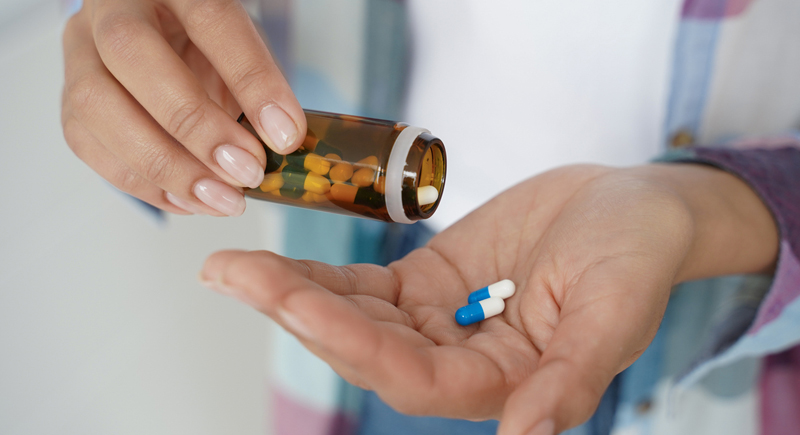
Credit: iStockphoto
Over-the-counter and prescription medications like ibuprofen, acetaminophen, and antidepressants can be life-threatening to pets. Even a single pill can result in severe vomiting, ulcers, or kidney damage. Keep all medications tightly sealed in cabinets and never leave pill bottles or loose tablets where pets can reach them.
Household Cleaners
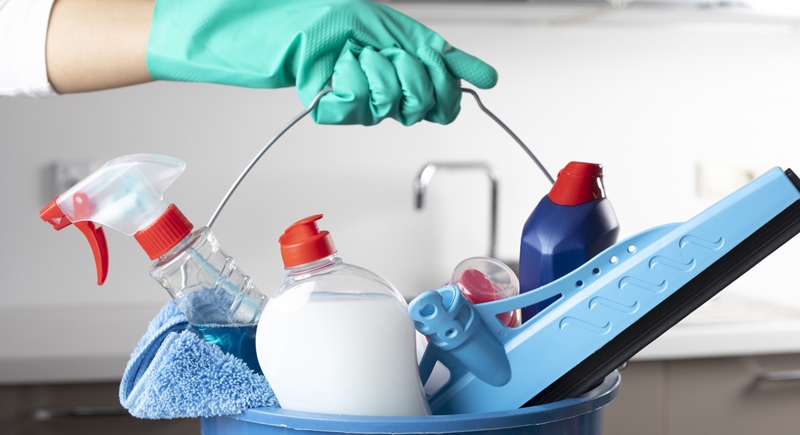
Credit: iStockphoto
Cleaning products like bleach, ammonia, and disinfectants contain chemicals that can burn animals’ mouths, skin, or airways. Inhaling or licking these substances often results in drooling, vomiting, or breathing issues. Use pet-safe alternatives whenever possible, and always store hazardous cleaners behind closed cabinets.
Toxic Houseplants
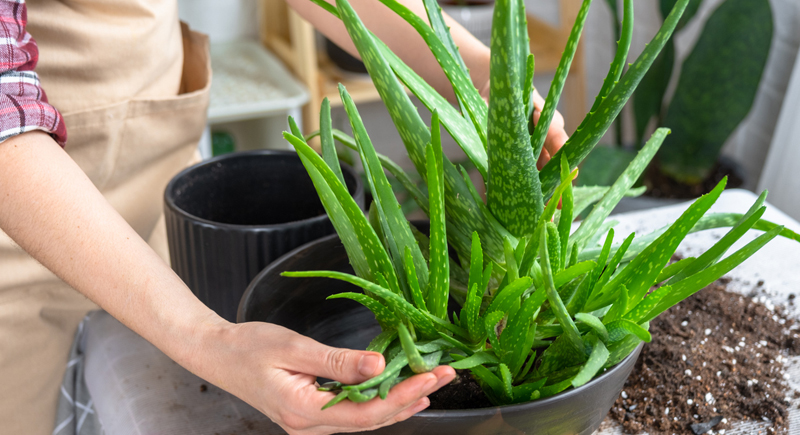
Credit: iStockphoto
Plants like lilies, aloe vera, and philodendrons are hazardous if chewed or eaten. Lilies are especially dangerous for cats and can cause kidney failure. Research pet-safe plants before bringing them home, and place any toxic ones in areas completely inaccessible to pets.
Antifreeze
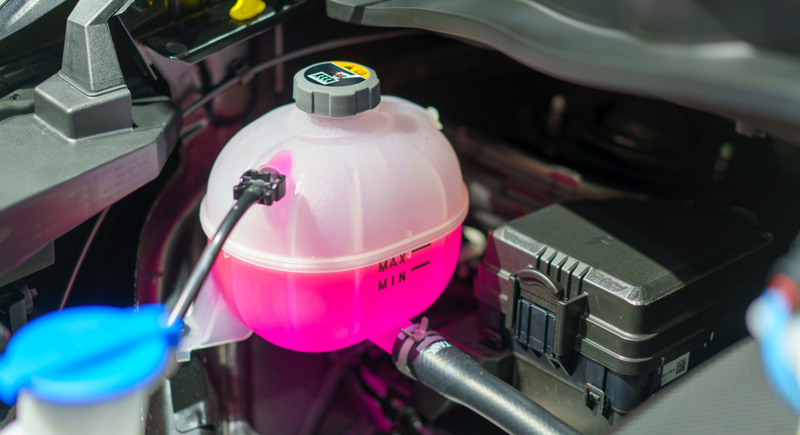
Credit: iStockphoto
Antifreeze contains ethylene glycol, which has a sweet taste that appeals to pets but is extremely harmful. Ingestion can quickly lead to kidney failure or death. Clean up spills immediately, tightly seal containers, and consider switching to pet-safe antifreeze products containing propylene glycol.
Essential Oils
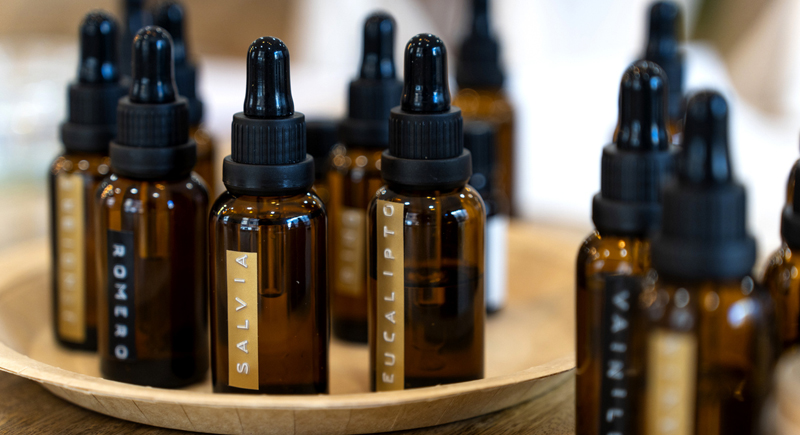
Credit: iStockphoto
Essential oils such as tea tree, peppermint, and eucalyptus can harm pets when inhaled, consumed, or absorbed through the skin. Cats are particularly sensitive to these oils and may show symptoms like drooling, vomiting, or difficulty breathing. Avoid diffusing harmful oils in spaces with your pets frequently.
Batteries
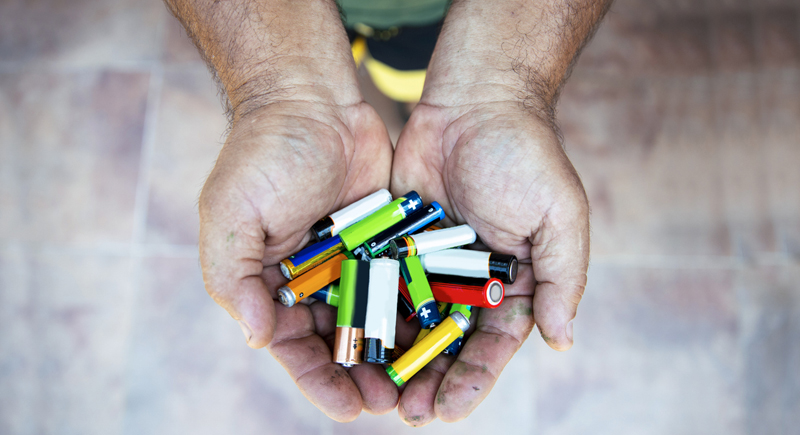
Credit: iStockphoto
Batteries, whether loose or inside devices, are dangerous if chewed or swallowed. They can cause internal blockages, severe chemical burns, or heavy metal poisoning. Store spare batteries in secure containers and ensure remote controls, toys, or gadgets with batteries remain out of reach.
Alcohol
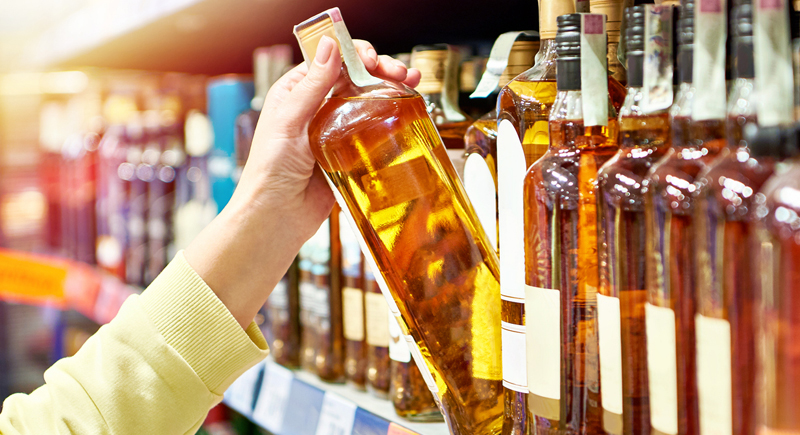
Credit: iStockphoto
Alcohol in drinks, syrups, or raw dough can be toxic to animals, even in small amounts. Consumption may cause vomiting, diarrhea, slowed breathing, or tremors. Clean up spills immediately, store alcohol safely, and keep pets away from fermenting dough, which produces alcohol as it rises.
Fabric Softeners and Dryer Sheets
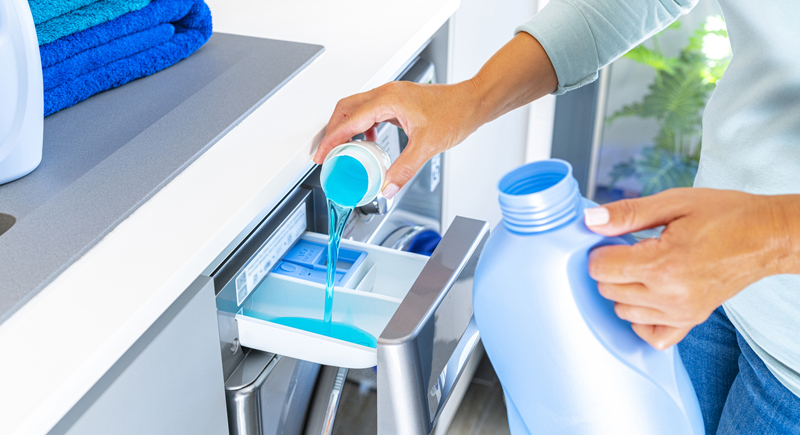
Credit: iStockphoto
Dryer sheets and liquid fabric softeners contain chemicals that irritate pets’ mouths, skin, and stomachs when chewed or swallowed. Ingestion can result in drooling, vomiting, or difficulty swallowing. Keep these laundry items sealed and out of reach, especially if your pets like to explore laundry rooms.
Raw Yeast Dough
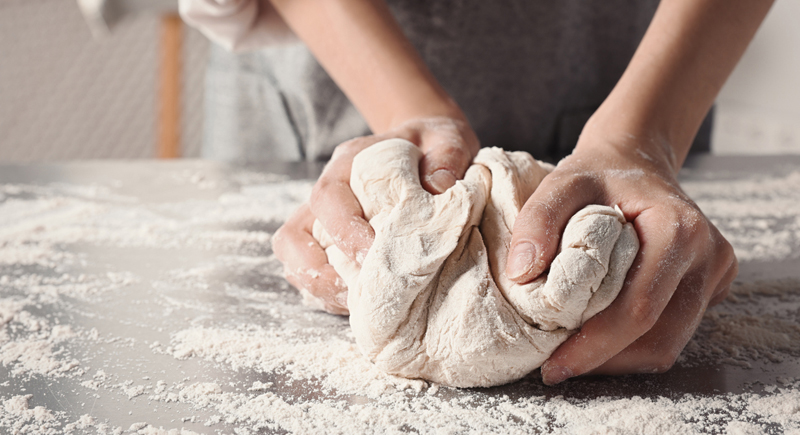
Credit: iStockphoto
The raw dough expands as it ferments in animals’ stomachs, leading to painful bloating and gas. The fermentation process also produces alcohol, which can cause alcohol poisoning. Always keep the dough covered and out of reach during baking, and clean up any scraps or spills right away.
Electrical Cords
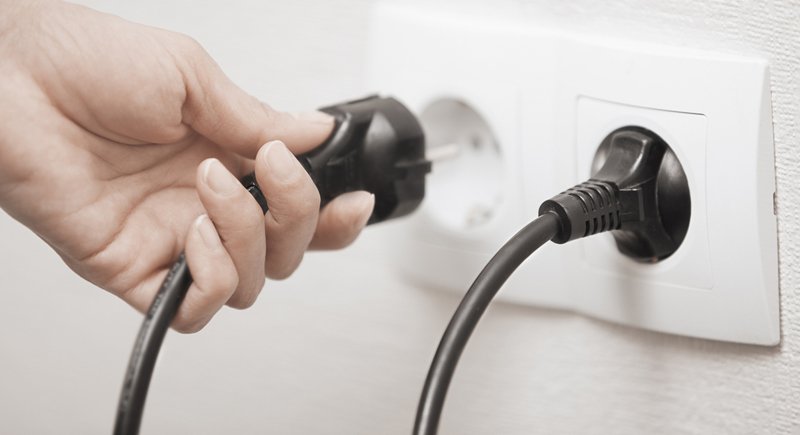
Credit: iStockphoto
Chewing on electrical cords can result in severe burns, shocks, or electrocution. Puppies, kittens, and teething pets are especially at risk. Use cord protectors, organize loose wires, and apply pet-safe deterrent sprays to discourage chewing. Securing cords also prevents accidental injuries from tangled wires.
Open Trash Bins
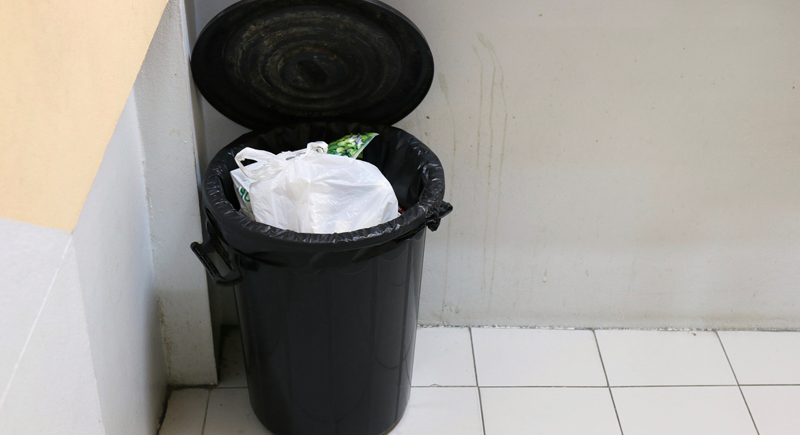
Credit: iStockphoto
Trash bins often contain sharp bones, spoiled food, or toxic substances that can harm pets. Rummaging through garbage can cause choking, poisoning, or digestive blockages. Use bins with locking lids or place them behind closed doors, and empty trash regularly to eliminate potential dangers.